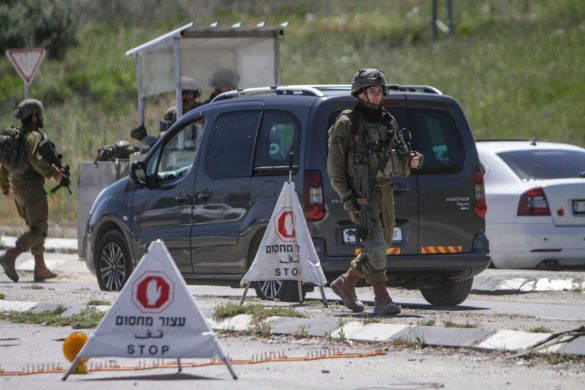Efter omstyrtelsen af præsident Mubarak i fjor har økonomien været i frit fald og selv om den nye leder nu siger han vil skabe 700.000 nye jobs, er det de fattige, der har det allerværst i det toneangivende arabiske land – som sædvanlig.
The European Union has approved a five billion euro financial support package for Egypt, reports BBC online Wednesday.
A statement by President Mohammed Mursi’s office said the European Investment Bank (EIB) and the European Bank for Reconstruction and Development (EBRD) would each provide two billion euros. The remaining one billion euros would come from EU member states.
The announcement came after Mr Mursi held talks with the EU’s foreign policy chief, Catherine Ashton, in Cairo.
In a statement, the presidency said the packages was “a strong sign of the EU’s support for Egypt’s path to development”.
In September, European Commission President Jose Manuel Barroso offered Egypt 700 million euros of financial aid, which he said was conditional on it reaching an agreement with the International Monetary Fund (IMF).
Egypt is expected to sign a memorandum of understanding with IMF representatives for a 4,8 billion US dollar loan this week to help it deal with a 28 billion budget deficit (statsunderskud), or 11 per cent of GDP, and a balance of payments crisis which are the result of reduced tourism and foreign investment revenues.
In the 21 months since the overthrow of former President Hosni Mubarak in February 2011, Egypt’s growth rates have dropped and its foreign reserves have been almost halved.
On Tuesday, Prime Minister Hisham Qandil caused controversy among Egypt’s poor – about 40 per cent of its 83 million people live on less than two dollar (ca. 11 DKR) a day – by saying he would restructure the government subsidy programme, BBC notes.
He also promised 700.000 new jobs.














